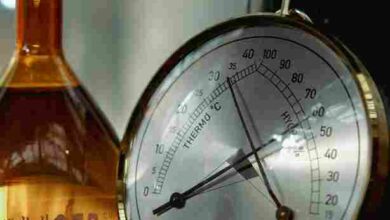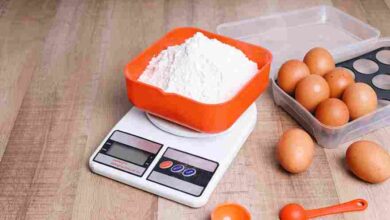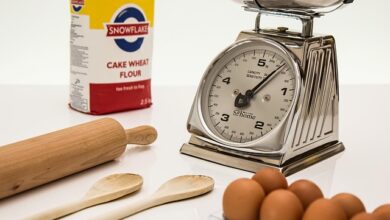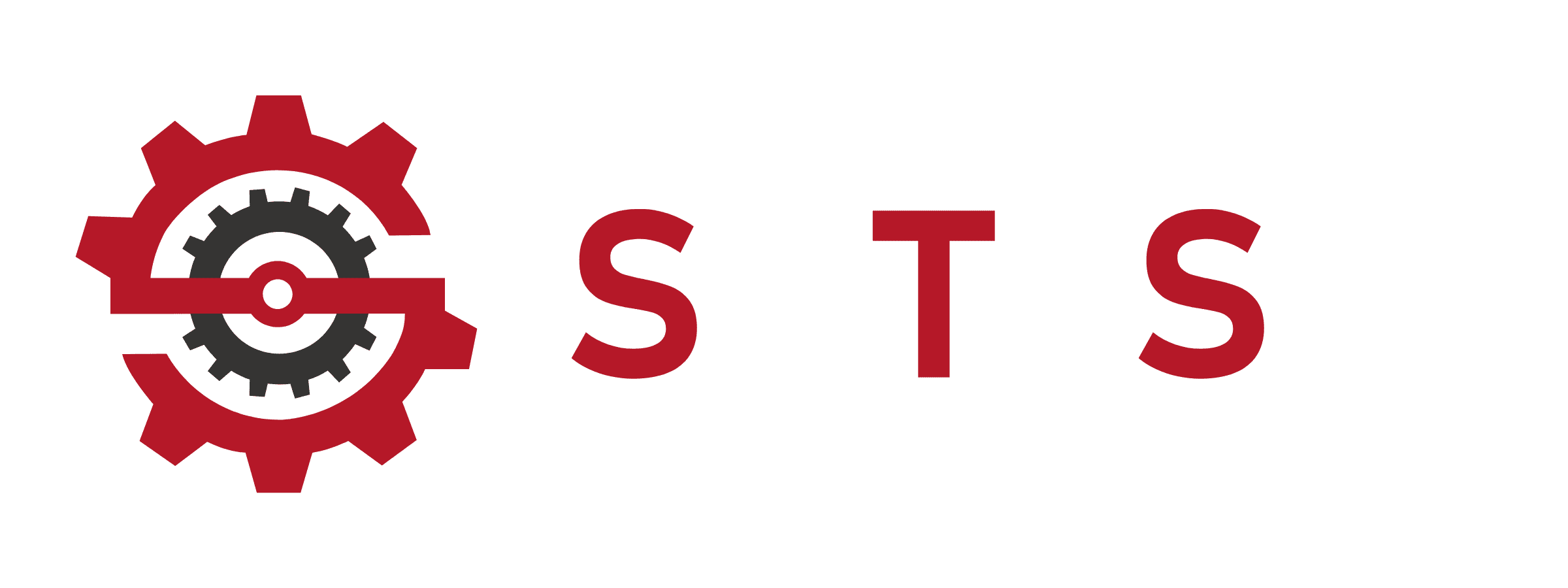Scale Calibration
Scale calibration isn’t just a technical chore—it’s the lifeblood of accuracy in industries, kitchens, labs, and homes. Whether you’re weighing ingredients for a Michelin-star recipe or shipping pallets across continents, a miscalibrated scale can cost you money, reputation, or even lives.
Why Scale Calibration Matters:
– Accuracy First: A 0.1g error in pharmaceuticals could mean incorrect dosages.
– Compliance: NTEP/ISO-certified scales avoid legal headaches in trade and labs.
– Longevity: Regular calibration prevents sensor drift and extends your scale’s lifespan.
Types of Scales We Cover:
– Household: Kitchen, body fat, and luggage scales.
– Industrial: Floor scales, shipping scales, and heavy-duty platforms.
– Scientific: Lab balances, analytical instruments, and veterinary scales.
Quick Calibration Checklist:
Use certified weights (no, coins won’t work).
Level the surface (a $5 spirit level saves $500 mistakes).
Log calibrations (date, method, results).
Need More? Explore step-by-step guides, troubleshooting hacks, and pro tools to turn guesswork into precision.
-

Kitchen Scale Uses | Unlock Cooking & Baking Hacks You Need
Why Your Measuring Cups Are Lying to You (And How a Kitchen Scale Fixes Everything) Let’s get real: if you’ve…
Read More » -

AWS Scale-Out Fix | Stop Ghosting Instances & Throttling
Your AWS Scale-Out is Gaslighting You Your AWS scale-out fix is gaslighting you. Auto Scaling groups stuck in standby? EC2…
Read More » -

How to Use a Kitchen Scale | Pro Tips, Fixes & Hacks
Your Measuring Cups Are Gaslighting You – Here’s the Fix Guessing ingredient amounts is like trusting a horoscope—vague and wildly…
Read More » -

Calibrate Weighing Scales | Fix Errors & Choose the Best
Why Your Scale’s “Close Enough” Isn’t Good Enough Your scale isn’t just a number-generator—it’s the gatekeeper of truth for your…
Read More »
